Postman’s journey and unlocking the power of APIs
Lessons learned building a global API platform, navigating hyper-growth, and API-powered AI agents.

Lessons learned building a global API platform, navigating hyper-growth, and API-powered AI agents.

Gil Feig, co-founder and CTO of Merge, joins the show to explore Merge’s approach for reducing third-party APIs to a single call, the complexities of and need for data normalization, and the role that AI and MCP plays in the future of API functionality.
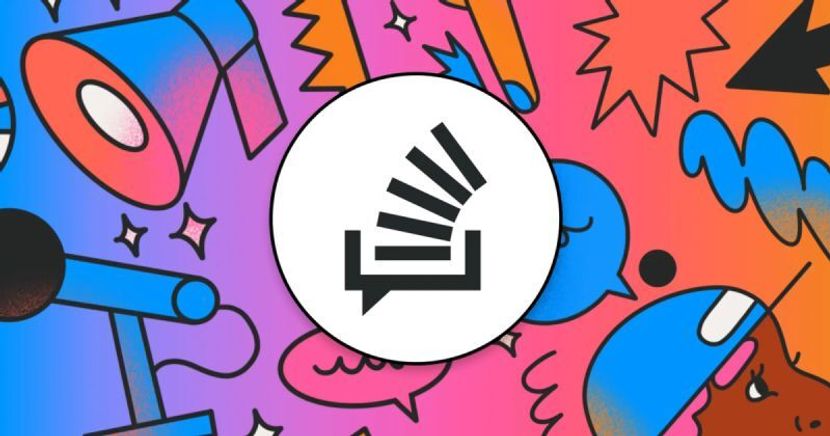
Ryan sits down with Marco Palladino, CTO of Kong, to talk about the rise of AI agents and their impact on API consumption, the MCP protocol as a new standard for agents, the importance of observability and security in AI systems, and the importance for businesses and entrepreneurs to leverage opportunities in the agentic AI space now.

Ryan welcomes Matt DeBergalis, CTO at Apollo GraphQL, to discuss the evolution and future of API orchestration, the benefits of GraphQL in managing API complexity, its seamless integration with AI and modern development stacks, and how it enhances developer experience through better tooling and infrastructure.

Ken Stott, Field CTO of API platform Hasura, tells Ryan about the data doom loop: the concept that organizations are spending lots of money on data systems without seeing improvements in data quality or efficiency.
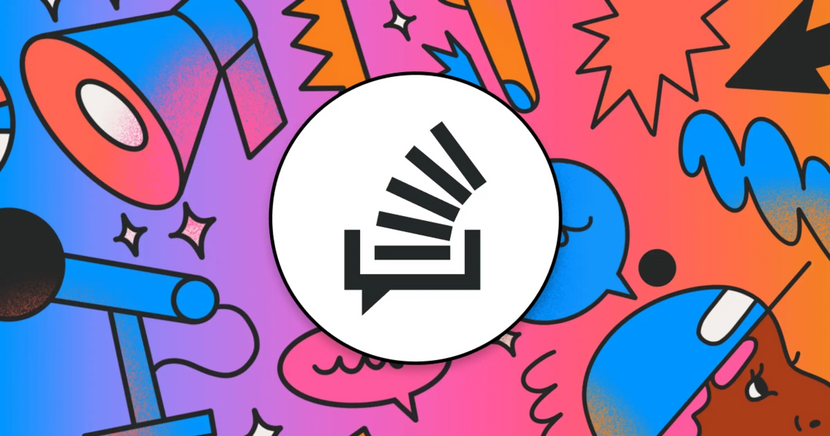
APIs have steadily become the backbone of AI systems, connecting data and tools seamlessly. Discover how they can drive scalable and secure training for AI models and intelligence automation.

Sagar Batchu, CEO and cofounder of API tooling company Speakeasy, talks with Ryan about the evolving API landscape, AI integration, the role of human technologists in an increasingly automated environment, and what people building APIs right now should keep in mind.

Ben Popper chats with Keith Babo, Head of Product at Solo.io, about how the API security landscape is changing in the era of GenAI. They talk through the role of governance in AI, the importance of data protection, and the role API gateways play in enhancing security and functionality. Keith shares his insights on retrieval-augmented generation (RAG) systems, protecting PII, and the necessity of human-in-the-loop AI development.

Marco Palladino, CTO and cofounder of cloud-native API gateway Kong, talks with Ryan about the complexities of multi-cloud Kubernetes architecture, how AI has the potential to improve infrastructure management, and how Kong’s large action model will reshape the future of API platforms.

Ben talks with Ryan Polk, Chief Product Officer at Stack Overflow, about our strategic partnership with Google Cloud, the importance of collaboration between AI companies and the Stack Overflow community, and why Stack Overflow’s Q&A format is so suitable for training AI models.

If we can make operational data easier to manage and easier to access through simple, standardized APIs, everyone can transform their companies into sustainable data-driven organizations.

Want to make sure you're not taking money from criminals? There's an API for it.

Marco Palladino, CTO and cofounder of Kong, joins Ryan to talk about the evolution of API protocols over time and why building the API is only half the battle.
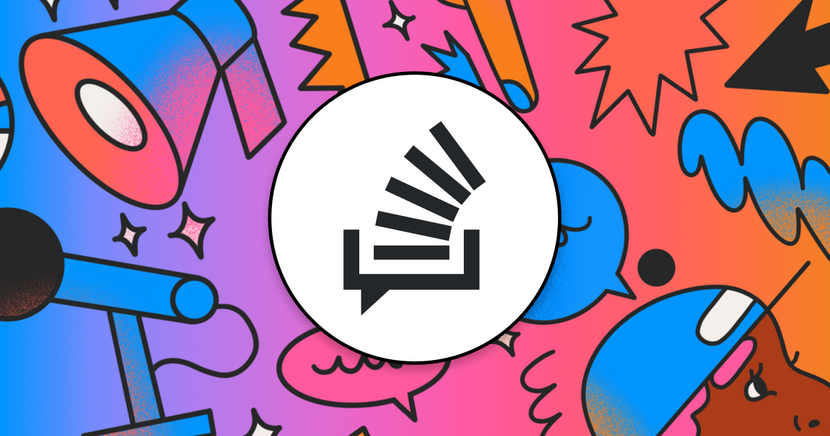
How open API specifications can help developers—and computers—understand your APIs.
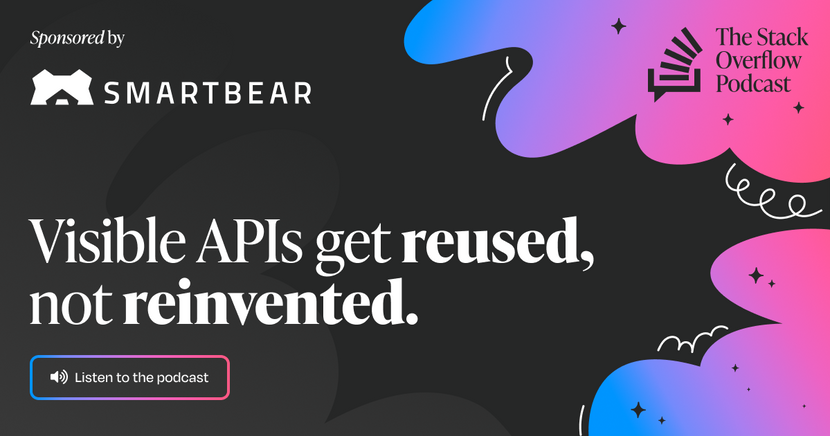
API gateways, service mesh, and GraphQL, oh my!
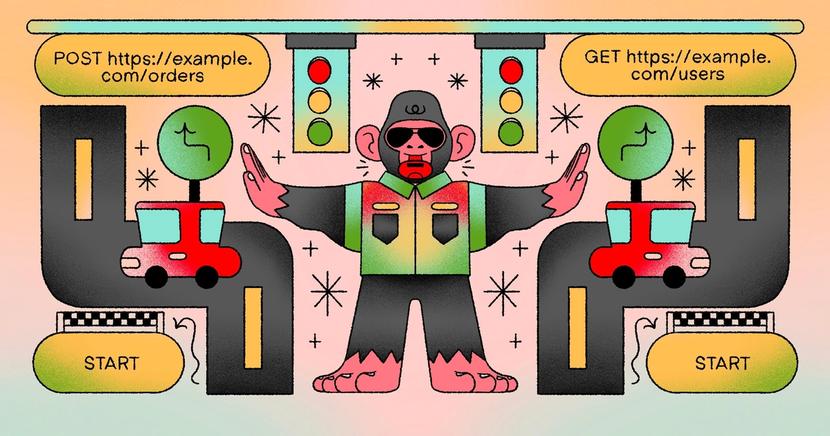
Your ecommerce solution doesn't need to know what you're selling, just how to sell it.
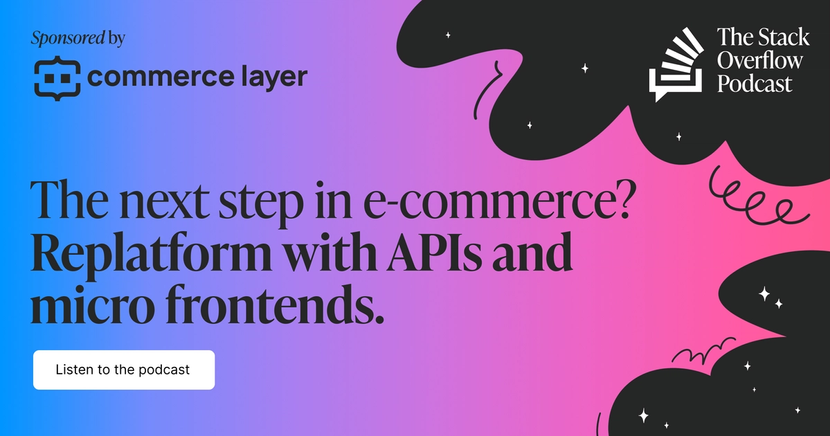
We dig into two of the most popular API protocols to see where they work best.

The Foursquare app used to be just a way to check in to the places you go. But that location data is more valuable to developers.

When APIs send data, chances are they send it as JSON objects. Here's a primer on why JSON is how networked applications send data.

How you can debug the APIs that you consume but don't own.

If you have a REST API accessible on the internet, you're going to need to secure it. Here's the best practices on how to do that.

Working from home? We chat about being your own operations department and battling scope creep solo.
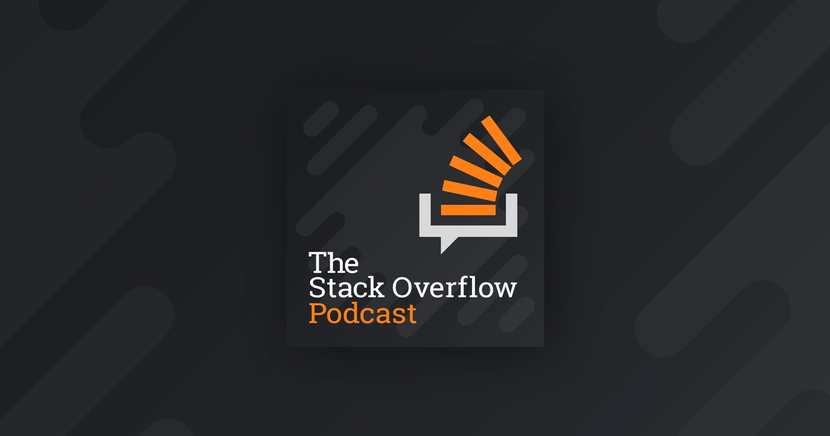
We chat about Slack's open source SDKs, such as Bolt for Javascript, Python, and Java.
